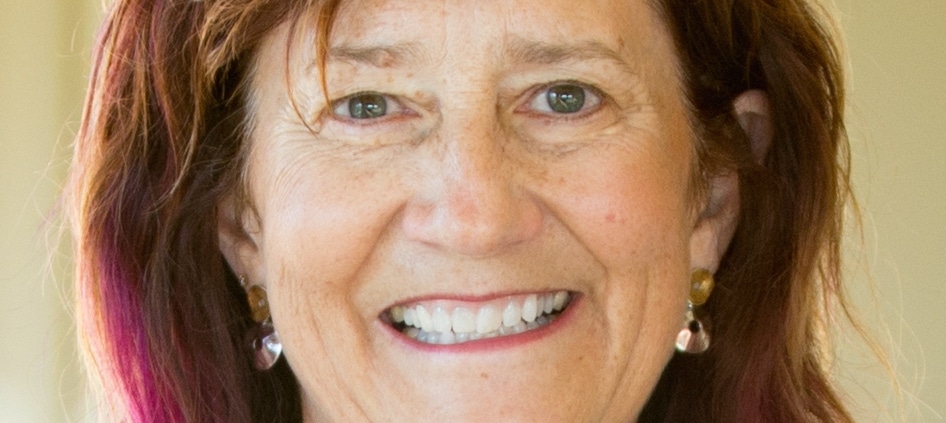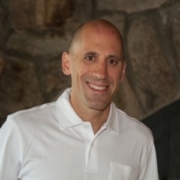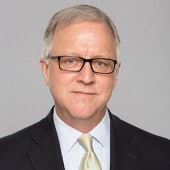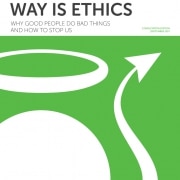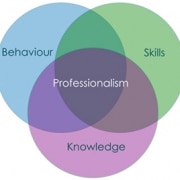Featured Ethics Scholar for November: Beverly Kracher, PhD
Interview with Beverly Kracher, Robert B. Daugherty Chair and Professor in Business Ethics & Society and CEO / Executive Director of the Business Ethics Alliance in Omaha, NE
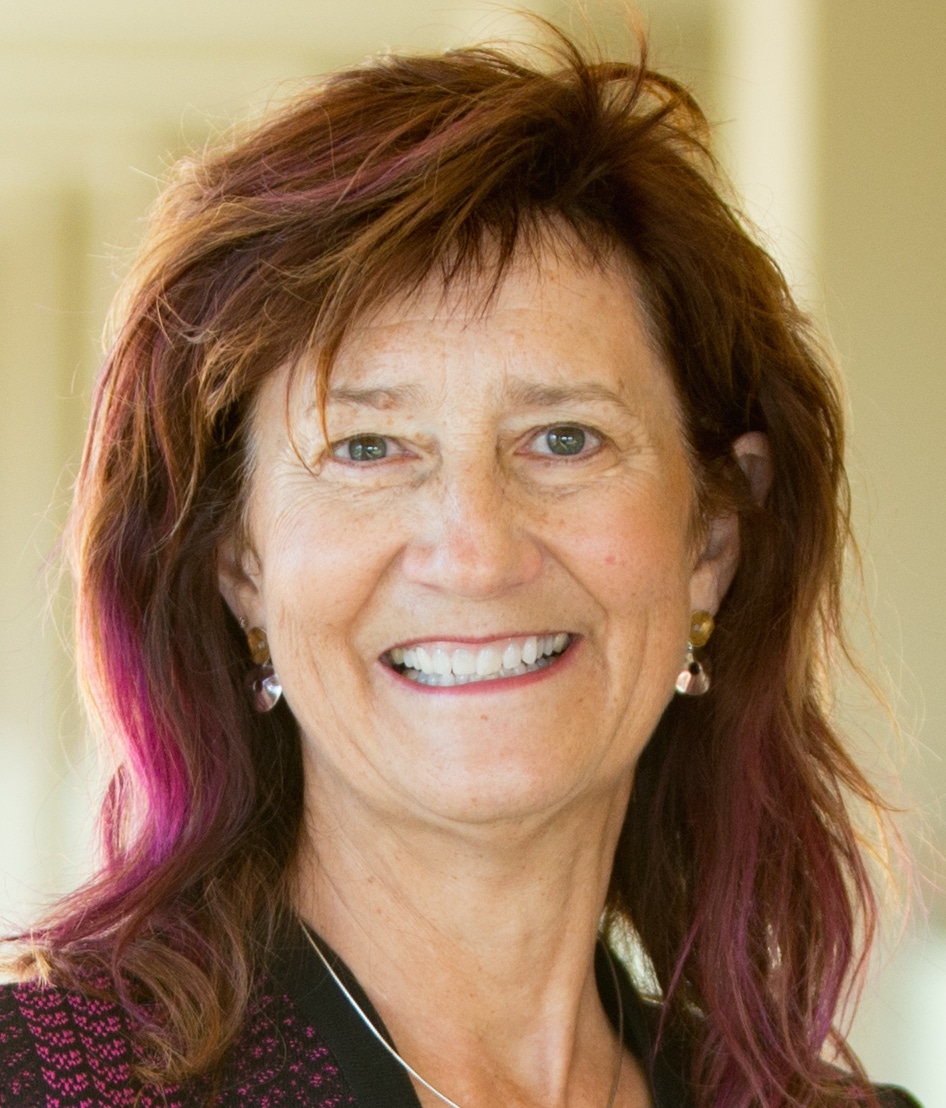 What are your main areas of research/work at Creighton University?
What are your main areas of research/work at Creighton University?
First, let me tell you what I’d like to do. Before I retire or die, I’d like to collaborate with musicians to create a set of positive business ethics jingles that stick in our brains as much as the Oscar Mayer Baloney song (of course, since Oscar Mayer doesn’t resonate with everyone, we’d need to identify the jingles for each part of the world).
However, I haven’t found the musicians who want to work on this project yet. So, recently I have spent my time on city-level business ethics as Executive Director/CEO of the Business Ethics Alliance.
What was your motivation in launching the Business Ethics Alliance?
When I looked at the literature, I found that we think of ethics in business at the individual, organizational, national and international levels. For some unknown reason we have bypassed the city…as if it is an irrelevant system. Try to find an article on city-level business ethics in an academic peer-reviewed business ethics journal. You can’t. But regardless of the fact that we live in a global economy, we still do business down the street or on the other side of town. We congregate at Chamber events or Rotary meetings. I became fascinated with questions about how cities/metropolitan business communities contribute to ethical business practices at every level.
I seized the opportunity to create the Alliance 10 years ago. Back then, I was antsy. I loved teaching but wanted to do more nontraditional teaching and research outside the university walls. I was given the chance by a Heider College of Business interim dean, Dr. Debbie Wells, to do business ethics outreach in our Omaha business community. As I made my way around Omaha asking, “what would a business ethics initiative look like?” I found a business community champion, interest from the Greater Omaha Chamber, the Better Business Bureau, and a handful of talented business practitioners. We threw some ideas at the wall for our first programs and they stuck. The community was hungry for business ethics conversations. It still is.
The Business Ethics Alliance, a 501c3 housed on the Creighton University campus, leads a one-of-a-kind city-level business ethics initiative. We have more comprehensive programming and CEO engagement than any other city in the nation. Our mission is to build leadership, strengthen organizations, and elevate Greater Omaha through positive, practical business ethics.
How does your work on ethics help companies that want to improve themselves as ethical systems within the context of the Alliance?
The Alliance delivers fee-based organizational products and services to large, medium, and small, for-profit and not-for-profit organizations. Our most subscribed to service is our Elevate Ethics Academy, which includes education about ethical leadership, blindspots, ethics communication, decision-making, the Ethical Lens Inventory, and/or generational ethics. In general, we educate on individual as well as systems solutions to business ethics issues.
We also host community programs for executives, middle managers, ethics and compliance officers, young professionals, college level, K-12, and the general business population. We drive these programs with a focus on Ethical Omaha, that is, the core values of the Omaha business community. I don’t know of another city that has identified and articulated their core values. In every program, like the upcoming Dialogue on the Ethics of Incentives, we ask ourselves how individual and organizational business practices, if spread across our community, affect the ethics of our community. We identify and promote the practices that support Ethical Omaha.
We measure everything we do. One of our strongest measurements shows that we have broken moral isolation. Individuals and organizations, no longer feeling alone, learn from each other and strengthen their ethical resolve.
If you could only highlight one paper or research finding (or piece of work that you’ve been involved with) that relates to designing ethical systems which one would it be and why?
It’s hard to answer your question as stated. I would highlight the body of work by Ethical Systems collaborator Linda Trevino. Whenever I see her name on an article I read it. She has led the field for decades with insightful, empirical, practical work that explores the multitude of dimensions that are necessary for creating and maintaining ethical organizations. In several instances, we have taken her concepts and used them at the city level.
Tell us about one of your current or future projects.
This year at the Alliance, I ideated and Rebecca Shively, Ph.D. researched, designed, and implemented a series of Ethics Communications. They are lively infographs delivered via email to all individuals in our database. They give legs to behavioral ethics research, sometimes by Ethical Systems collaborators. Organizations hang them in break rooms and leaders pass them to their whole staff. These Ethics Communications create a buzz that keeps ethics front of mind.
How did you first get interested in the field of business ethics?
The same way we fall in love with our partners….it just happened.
But my trajectory is like many of the older academics in the field. My Ph.D. is in philosophy. When I was working on my dissertation in moral philosophy, the applied ethics were just hitting….business ethics, legal ethics, medical ethics, and media ethics. A mentor said, “Beverly, I know you love metaphysics and epistemology, but you probably won’t find a job in these fields because the market is so tight. So pick an applied field, business ethics, and run with it.” Here I am, 25 years later, loving my work. I’m afraid for my friends. I have business ethics on the brain and every conversation seems to turn into an ethics conversation.
How can cities serve as a lab for business ethics and why is Omaha an ideal place for this initiative to succeed?
Think about the power of a city, of a group of organizations in the same geographical location focused on the same thing. Once cities organize themselves around the desire for elevated business ethics, participating organizations can work together to do multi-firm data-driven, evidence-based behavioral ethics research that can show real causal connections between ethics interventions and ethical behavior. They can bring in the best minds in the country, like the collaborators at Ethical Systems. They can identify and develop the organizational systems that inspire people of integrity to do their best. Let’s call this initiative the Business Ethics City Lab because the laboratory is the city, it is not in a university or building.
Omaha has the first city lab, the Business Ethics Alliance City Lab. A subgroup of our Business Ethics Alliance Trustee firms (we have 275 trustees) have begun to collaborate with Ethical Systems researchers to do field experiments that will result in academic papers and the best business ethics products and services. The participating firms will get the first crack at the products and services, then other Trustee firms, then Omaha, the region, the nation, and across the world.
Why Omaha? Some say that ethics are stronger in the Midwest than most parts of the country. We believe that Omaha is at the forefront of ethical business practices and home to people with some of the highest integrity. We live in a community where people’s word is their bond, they fulfill their commitments, and their character is a greater protection than a team of lawyers checking every comma in a contract. We want to use our strength to help our country realize the finest form of capitalism.
If you could give one piece of business ethics-related advice to companies, what would it be?
Make ethics intentional. If you haven’t done it yet, do an Ethical Culture Assessment. The subjective part allows you to learn your employees’ perceptions of the culture. The objective part helps you see where ethics is imbedded in your systems and where it is lacking.
If you could give one piece of business ethics-related advice to individuals, what would it be?
Strengthen your ethical leadership by practicing ethical influence skills. They aren’t hard and they have tremendous impact. My favorite is a simple one – using moral words. Words have power. When you compliment someone with the word “noble” or “honorable” you can literally see their chests swell with pride and they will follow you to the ends of the earth. Pick up our commonsensical ethics dictionary, the Ethinary, to remind yourself of ethics words. Find a list on the Internet. However you do it, I don’t care, but keep ethics words front of mind and practice, practice, practice using them.
- Featured Video
- Featured Ethics Communications: Business Ethics Alliance publications
- Featured Popular Article: Columns on Ethics in Omaha Magazine

